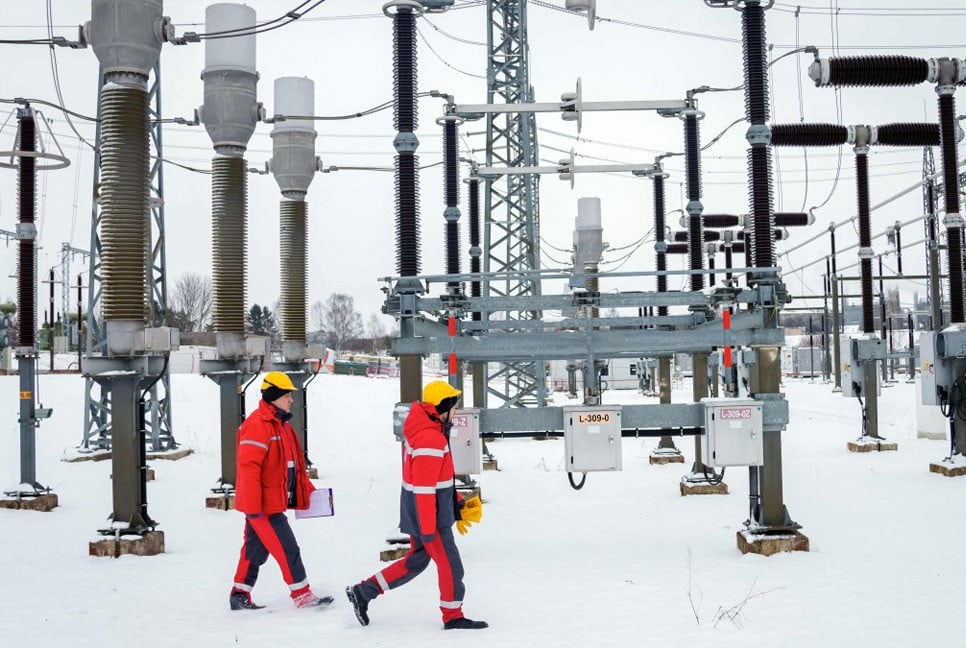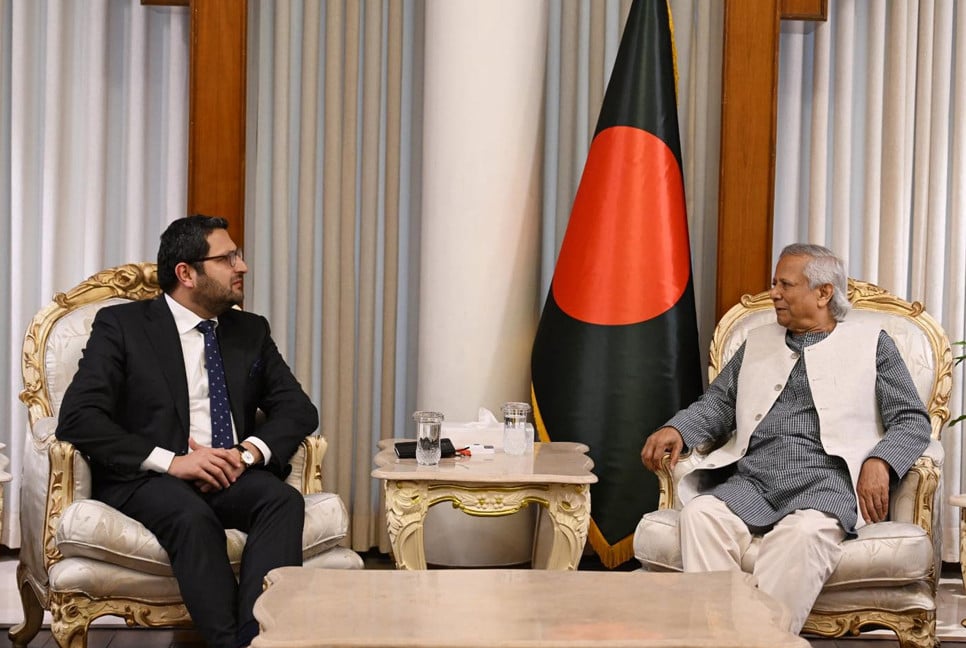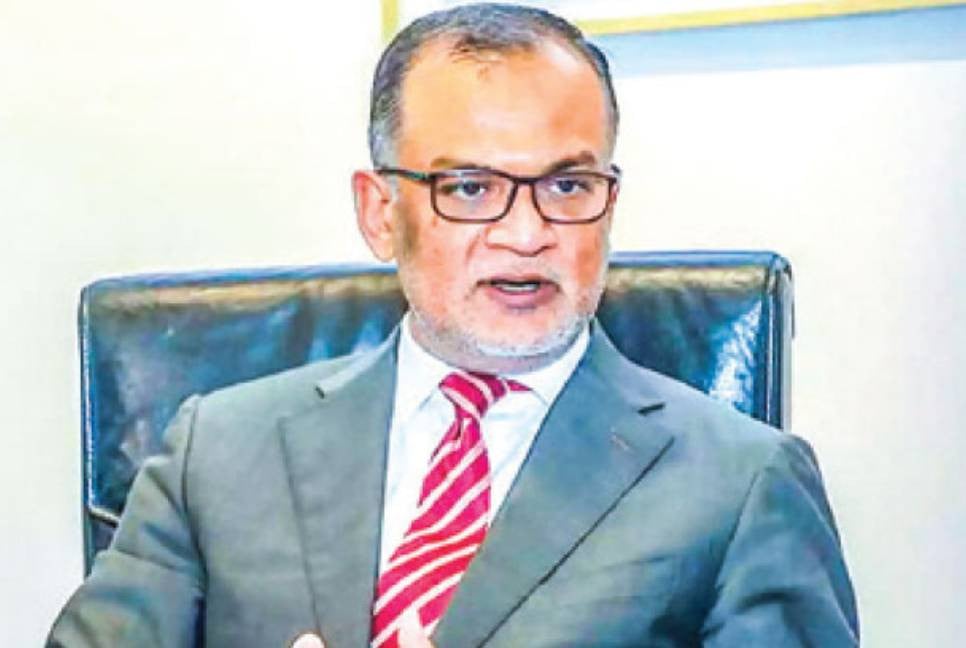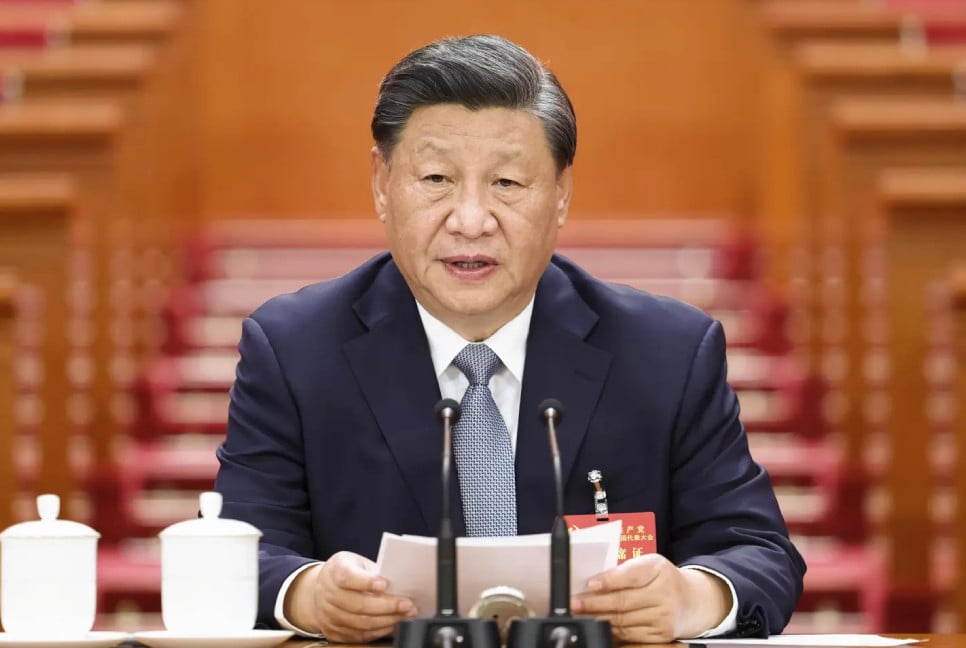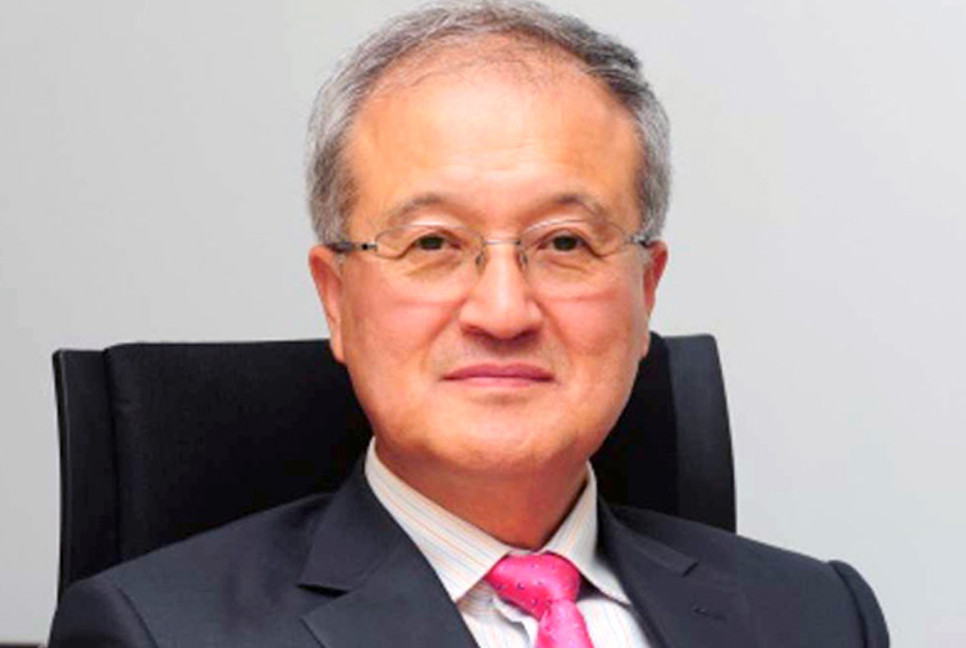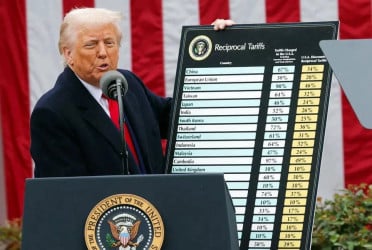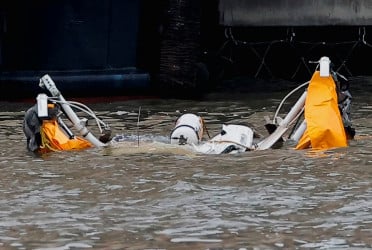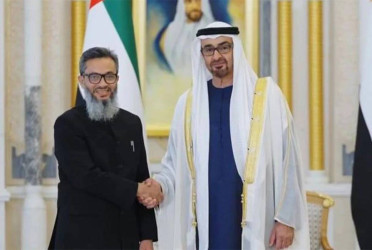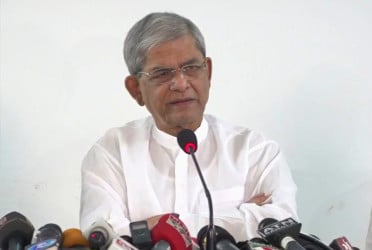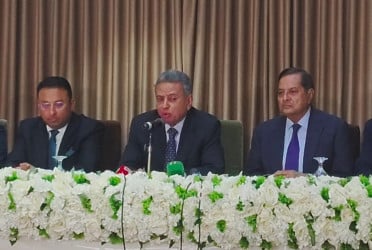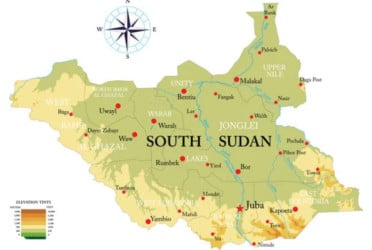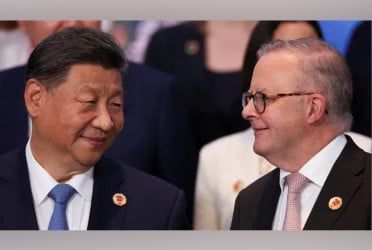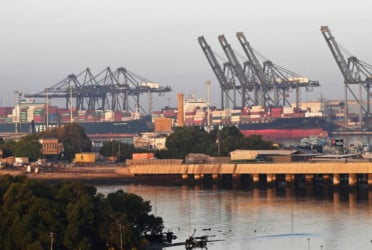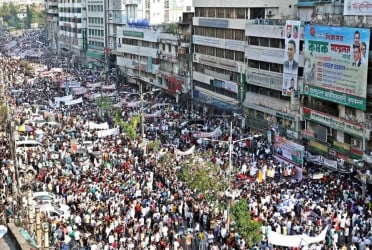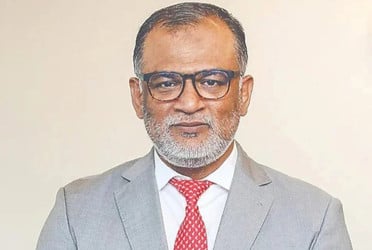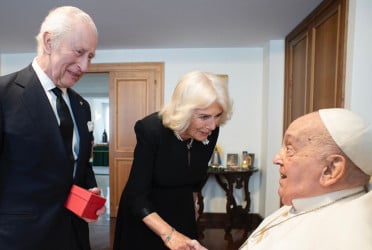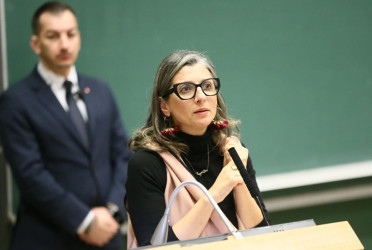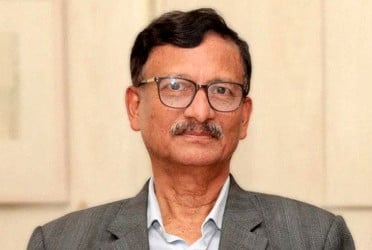The Baltic nations of Lithuania, Latvia, and Estonia have successfully disconnected from the energy grid they have shared with Russia and Belarus for decades. This move, which took place on Saturday, marks a major step in their efforts to align more closely with the European Union's energy infrastructure. The three countries are now set to sync with the European Network of Transmission System Operators for Electricity (ENTSO-E).
The BRELL system (Belarus, Russia, Estonia, Latvia, Lithuania), established after the Soviet Union's collapse, provided a stable electricity supply to the region. However, with the Baltic states now fully sovereign and EU members, they have steadily distanced themselves from Russia and Belarus, particularly after deteriorating relations with the West.
In 2018, the Baltic states signed an agreement with the European Commission to synchronize their power grids with ENTSO-E. The process will unfold in two stages, starting with a 24-hour period of isolation on Saturday. If no issues arise, the countries are set to fully integrate with the European grid by Sunday.
Russian Deputy Prime Minister Alexander Novak noted that this decision was made by the Baltic countries themselves, but he pointed out that the technical challenges and potential economic impacts are yet to be fully assessed. Some experts warn that energy costs may rise for Baltic consumers, as Russia, a country with abundant energy resources, has traditionally offered lower tariffs.
The disconnection also impacts Russia’s Kaliningrad region, which had relied on the shared grid for its electricity supply. In response, Russian authorities have built several new energy generation facilities to ensure power for the region.
Belarusian officials have stated that the disconnection will not affect the reliable supply of heat and electricity to consumers in Belarus, labeling the move as politically motivated.
Source: Daily Sabah
Bd-pratidin English/ Jisan

